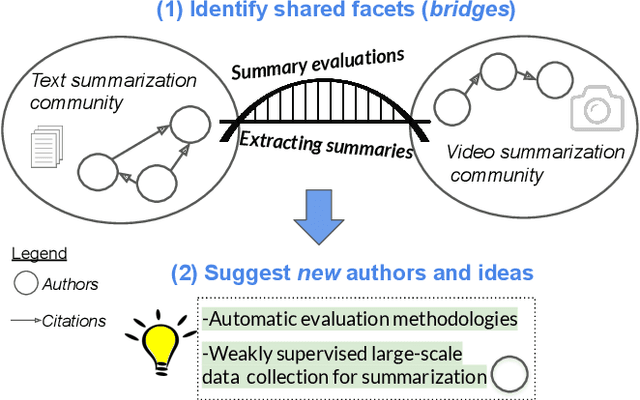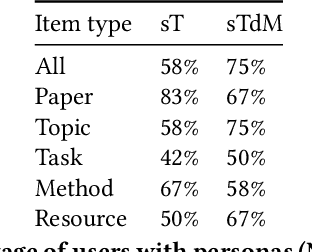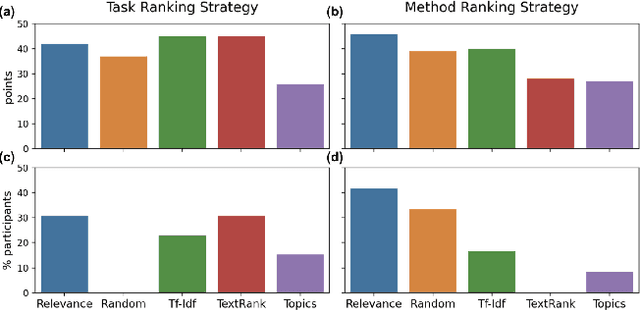Bursting Scientific Filter Bubbles: Boosting Innovation via Novel Author Discovery
Paper and Code
Sep 10, 2021



Isolated silos of scientific research and the growing challenge of information overload limit awareness across the literature and hinder innovation. Algorithmic curation and recommendation, which often prioritize relevance, can further reinforce these informational "filter bubbles." In response, we describe Bridger, a system for facilitating discovery of scholars and their work, to explore design tradeoffs between relevant and novel recommendations. We construct a faceted representation of authors with information gleaned from their papers and inferred author personas, and use it to develop an approach that locates commonalities ("bridges") and contrasts between scientists -- retrieving partially similar authors rather than aiming for strict similarity. In studies with computer science researchers, this approach helps users discover authors considered useful for generating novel research directions, outperforming a state-of-art neural model. In addition to recommending new content, we also demonstrate an approach for displaying it in a manner that boosts researchers' ability to understand the work of authors with whom they are unfamiliar. Finally, our analysis reveals that Bridger connects authors who have different citation profiles, publish in different venues, and are more distant in social co-authorship networks, raising the prospect of bridging diverse communities and facilitating discovery.
 Add to Chrome
Add to Chrome Add to Firefox
Add to Firefox Add to Edge
Add to Edge